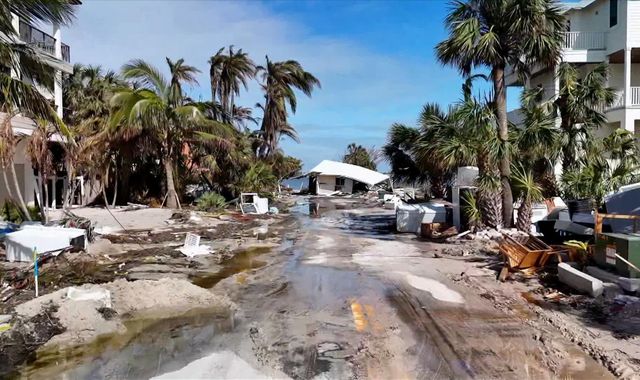The World Health Organization (WHO) has called for an end to reliance on fossil fuels and advocates for people-centred adaptation and resilience, ahead of the 2024 UN Climate Change Conference in Baku (COP29).
Launching the COP29 special report on climate and health and technical guidance on Healthy Nationally Determined Contributions, WHO urged world leaders at COP29 to abandon the siloed approach to addressing climate change and health.
It stressed the importance of positioning health at the core of all climate negotiations, strategies, policies and action plans, to save lives and secure healthier futures for present and future generations.
Dr Tedros Adhanom Ghebreyesus, WHO Director-General was quoted as saying that the climate crisis is a health crisis, which makes prioritizing health and well-being in climate action not only a moral and legal imperative but a strategic opportunity to unlock transformative health benefits for a more just and equitable future.
“COP29 is a crucial opportunity for global leaders to integrate health considerations into strategies for adapting to and mitigating climate change. WHO is supporting this work with practical guidelines and support for countries.”
Developed by WHO in collaboration with over 100 organizations and 300 experts, the COP29 special report on climate change and health identifies critical policies across three integrated dimensions – people, place and planet. The report outlines key actions aiming to protect all people, particularly the estimated 3.6 billion people who live in areas which are most susceptible to climate change.
The report underlines the importance of the governance that integrates health in climate policy-making – and climate in health policy-making – is essential for progress. The report’s top recommendations include:
- make human health and well-being the top measure of climate success to catalyse progress and ensure people-centred adaptation and resilience;
- end fossil fuel subsidies and reliance by realigning economic and financial systems to protect both people’s health and the environment, through investment in clean, sustainable alternatives that reduce pollution-related diseases and cut carbon emissions;
- mobilize financing for climate-health initiatives, particularly to strengthen responsive health systems and support the health workforce, creating resilient, climate-proof health systems to protect health and save lives;
- invest in proven solutions; just 5 interventions – from heat-health warning systems, to clean household energy, to efficient pricing of fossil fuels – would save almost 2 million lives a year, and bring US$ 4 in benefits for each dollar invested;
- build greater focus on the role of cities in health outcomes, through more sustainable urban design, clean energy, resilient housing, improved sanitation; and
- increase protections for and restoration of nature and biodiversity, recognizing the synergistic health benefits of clean air, water and food security.
“Health is the lived experience of climate change,” said Dr Maria Neira, Director, of Environment, Climate Change and Health, WHO. “By prioritizing health in every aspect of climate action, we can unlock significant benefits for public health, climate resilience, security, and economic stability. Health is the argument we need to catalyze urgent and large-scale action in this critical moment.”
Story was adapted from WHO.
